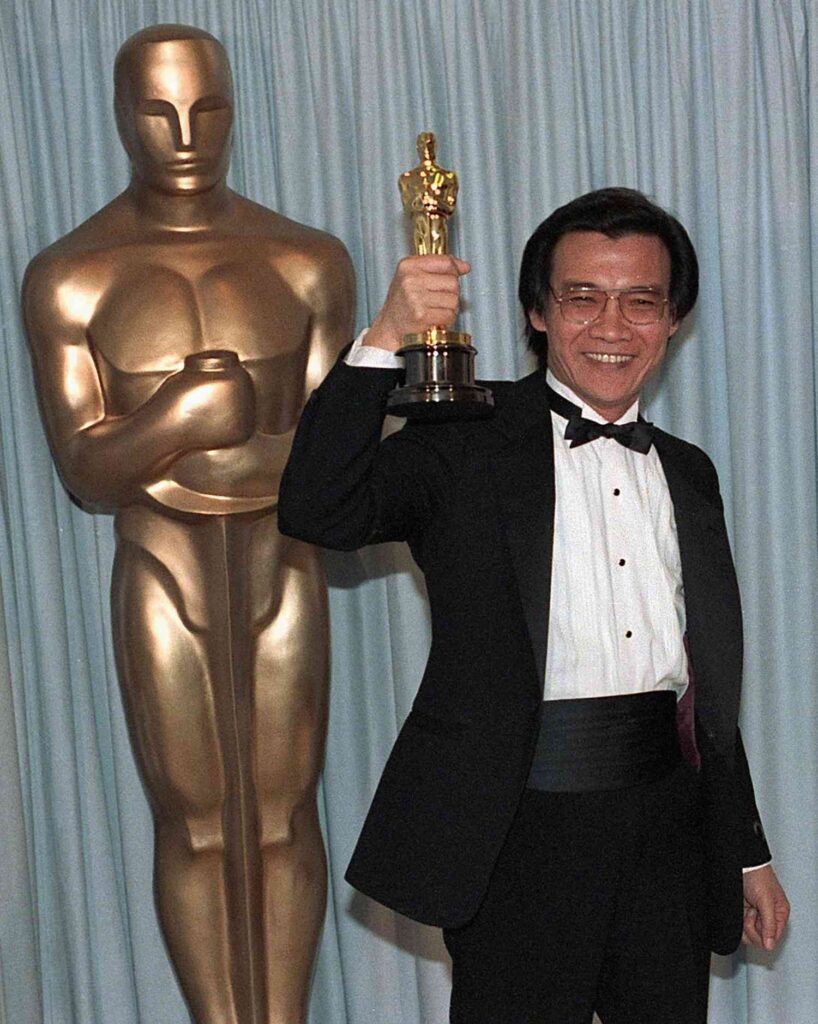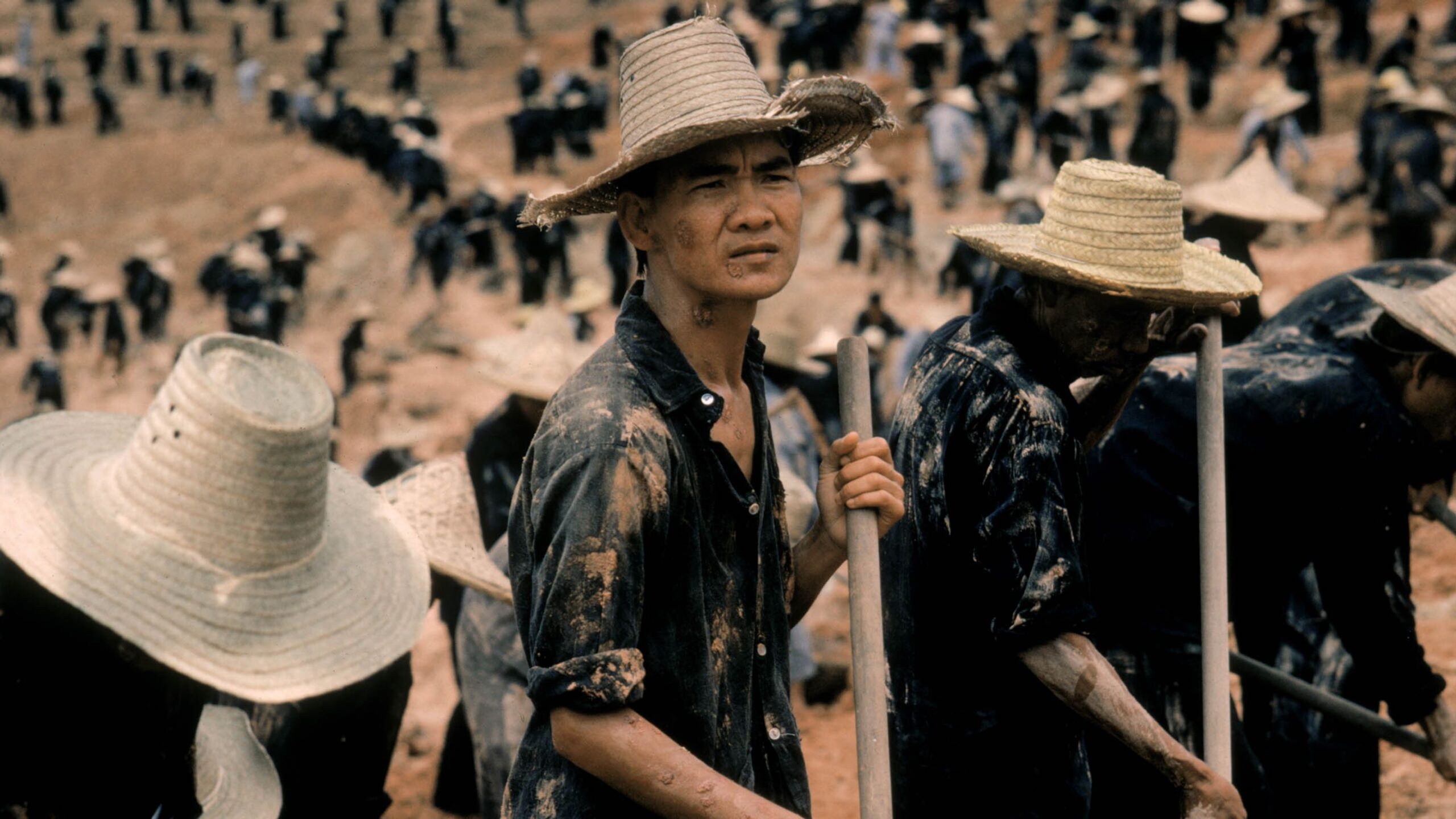
CTFF 2025 Special Presentation: The Killing Fields
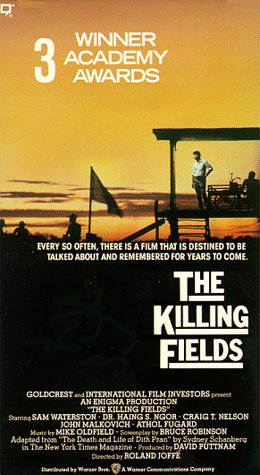
THE KILLING FIELDS
Running Time: 141 mins
Director: Roland Joffé
Writer: Bruce Robinson
Cast: John Malkovich, Sam Waterston, Haing S. Ngor, Julian Sands
Producer: David Puttnam
Synopsis:
Roland Joffe’s unflinching drama recounts the true story of New York Times journalist Sidney Schanberg (Sam Waterston) and Cambodian journalist and translator Dith Pran (Haing S. Ngor), who found themselves trapped in the nightmare of the Khmer Rouge revolution in Cambodia. While stationed in Phnom Penh in the early 1970s, Schanberg and Pran become close friends and confidants, negotiating and writing many groundbreaking stories. When the ruling Lon Nol government is overthrown by the Khmer Rouge, the country is turned upside down–killing is common in the streets, and children become gun-toting informants. Schanberg is forced to flee the country, with his fellow American photographer Al Rockoff (John Malkovich) and British journalist Jon Swain (Julian Sands). Despite their exhaustive efforts to free Pran, they have no choice but to leave him behind. Pran is forced to endure excruciating agony at the Pol Pot death camps, where any shred of individuality or dissent is beaten out of the prisoners. After years of brutal torture, Pran manages to escape and begins a long odyssey to Thailand and the border refugee camps. As Pran struggles to stay alive, Schanberg endures life in New York wracked with guilt over the loss of his good friend, desperately attempting to locate him. This haunting drama is epic in its portrayal of a war-torn country devastated by mass genocide. Images of both great horror and beauty resonate with awesome power and honesty. Joffe’s first film features superb performances from a first-rate ensemble of actors, including Waterston, Sands, Malkovich, and Ngor in an Oscar-winning role.
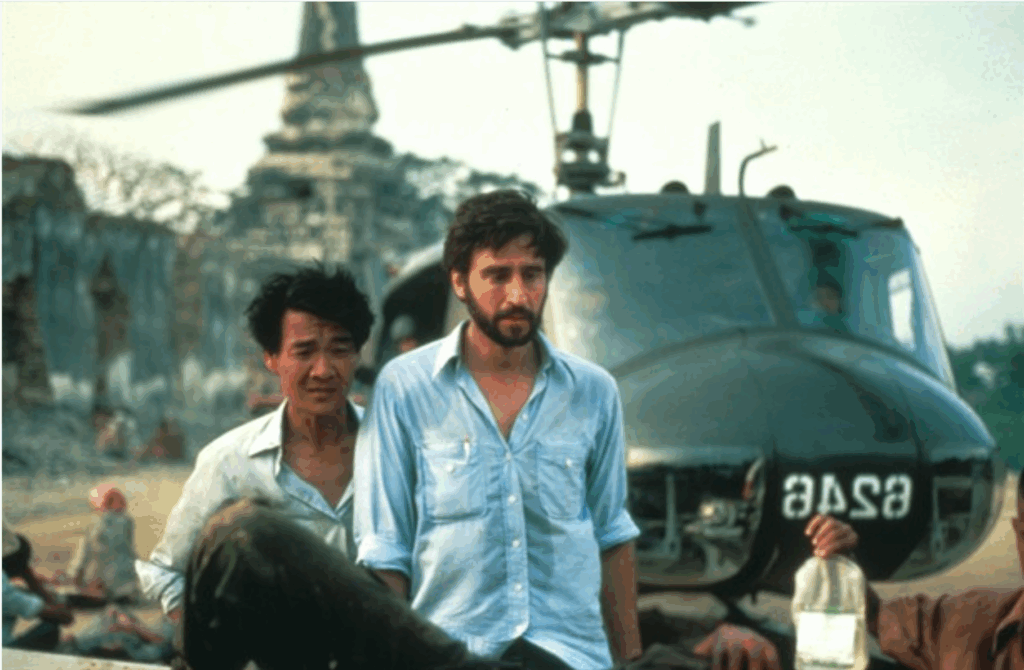
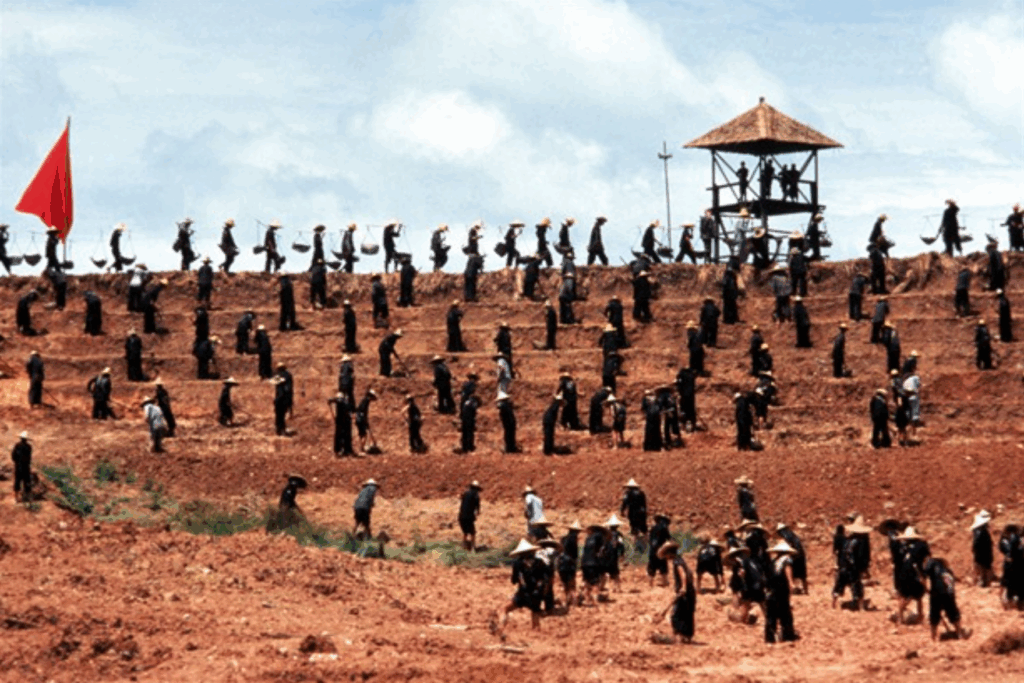
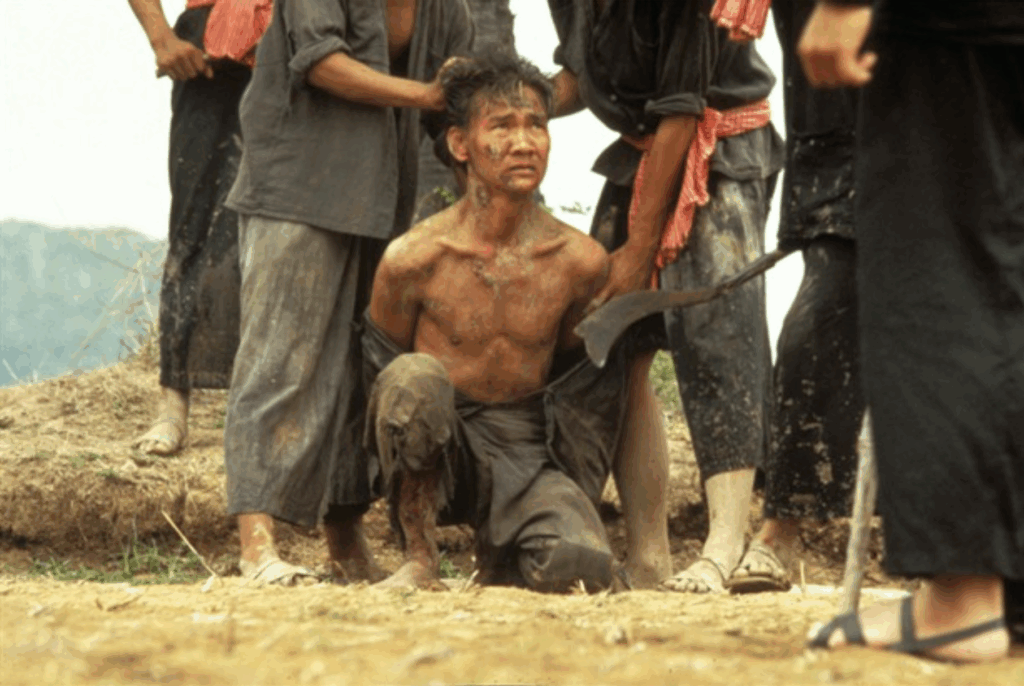
If you see no more than one film a year, make this the one for 1984.
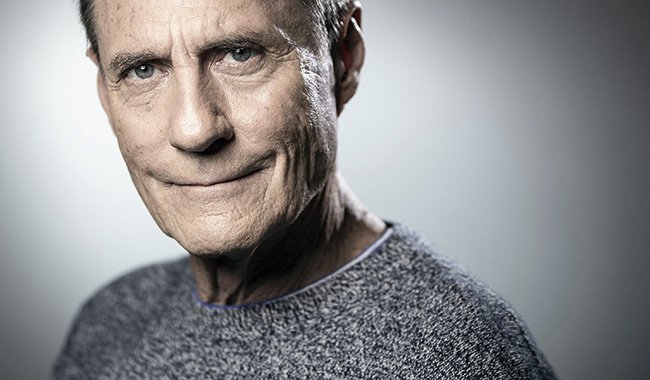
DIRECTOR, Roland Joffé
After a prolific career helming hard-hitting political themed dramas, British film director Roland Joffé made a huge splash with his 1984 feature film debut, “The Killing Fields” – an unflinching drama about Cambodia’s savage Khmer Rouge massacres. Nominated for a stunning seven Academy Awards – including one for Joffé as Best Director – “The Killing Fields” ended up winning three (for Best Cinematography, Best Film Editing and Best Supporting Actor).
After a white-hot start, Joffé’s career cooled off significantly in the 1990s thanks to a string of box-office failures including “Super Mario Bros.” (1993) and his 1995 adaptation of Nathaniel Hawthorne’s “The Scarlet Letter,” starring Demi Moore. With the exception of the French biopic “Vatel” (2000), Joffé’s career remained mostly dormant during the new millennium; that is, until the release of “Captivity” (2007), a psychological horrorfest – complete with controversial ratings drama before its summer release.
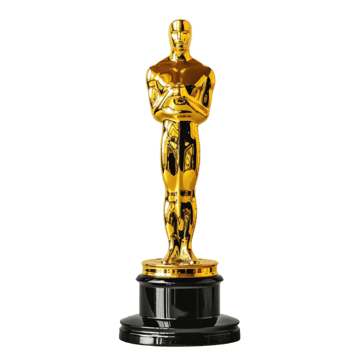
Best Actor in a Supporting Role: Dr. Haing S. Ngor
Best Cinematography: Chris Menges
Best Film Editing: Jim Clark
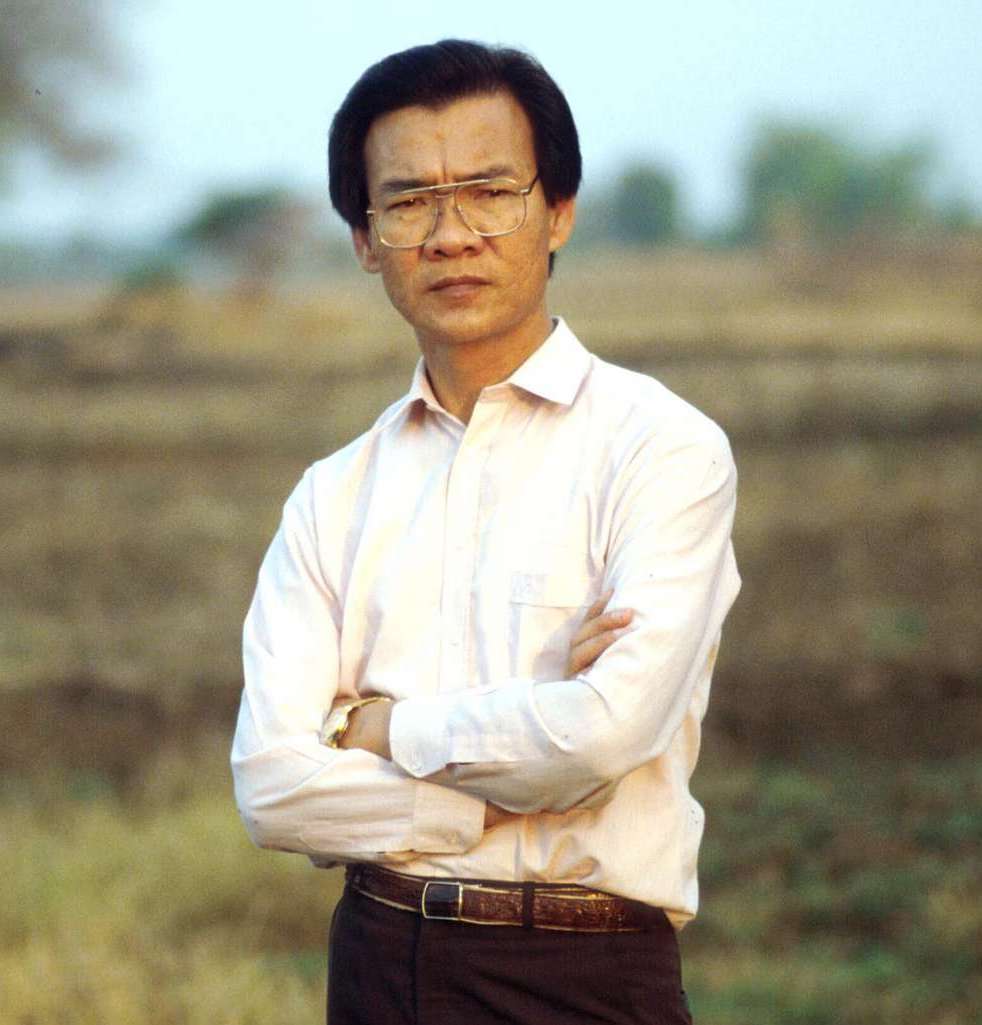
ACTOR, Dr. Haing S. Ngor
Dr. Haing S. Ngor (born March 22, 1940, Samrong Young, Cambodia—died February 26, 1996, Los Angeles, California, U.S.) was a Cambodian physician and actor best known for his role in the movie The Killing Fields (1984), which depicted the brutal Khmer Rouge regime in Cambodia that Ngor himself had lived through. In 1985, Ngor won the Academy Award for best supporting actor for his performance, becoming just the second nonprofessional actor (after Harold Russell in 1947) to win an acting Oscar.
Dr. Ngor was born in Samrong Young to a Chinese Khmer family. He became an obstetrician and gynecologist and practiced in the country’s capital, Phnom Penh. In 1975 the radical communist movement known as the Khmer Rouge forced the Cambodian government from power (after thrusting the country into a civil war in 1970), taking over Phnom Penh and deporting civilians from the city and into forced-labour camps. During the next four years under Khmer Rouge leader Pol Pot, an estimated 1.5 million (and possibly up to 2 million) Cambodians were killed, and many of the country’s professional and technical class were exterminated. The sites of these mass killings became known as “the killing fields.”
Dr. Ngor and his wife, Chang My Huoy, were among those sent to forced-labour camps. Ngor pretended to be a taxi driver despite enduring torture to coerce him to confess his true livelihood, because intellectuals were being executed. He had to hide the fact that he was a physician even when his wife was dying in childbirth (neither she nor the child survived). After the Vietnamese invasion of Cambodia in 1979, Ngor escaped to Thailand with his niece and worked as a doctor in refugee camps before moving to the United States the next year. He was working as a job counselor for refugees in Los Angeles when he was chosen for the role in The Killing Fields, despite having no previous acting experience.
In The Killing Fields, Ngor portrayed Dith Pran (1942–2008), a Cambodian photojournalist who acted as assistant to American New York Times correspondent Sydney Schanberg from 1972 to 1975 as they covered the Cambodian civil war. Dith risked his life to save Western journalists’ lives when the Khmer Rouge seized power in 1975, but the journalists in turn failed in their attempt to get him out of the country with them. He was taken prisoner, tortured, and put to work as a farm labourer, nearly starving in conditions of virtual slavery before liberation by invading Vietnamese forces in early 1979. Ngor called upon his own struggles to survive in Cambodia to portray Dith, resulting in a nuanced, widely-praised performance that earned him multiple critics’ awards and a Golden Globe in addition to the Academy Award.
After his Oscar win, Ngor appeared in a few other films, most notably Oliver Stone’s Heaven and Earth (1993), as well as in several television shows. Among his humanitarian efforts, he lectured widely and helped form two organizations that aided still-displaced Cambodian refugees. He also became active in the campaign to bring those who conducted the massacres to justice. Ngor’s autobiography, A Cambodian Odyssey (republished as Survival in the Killing Fields), written with Roger Warner, was first published in 1987. Ngor was shot to death on February 25, 1996, in Los Angeles while being robbed outside his home.
